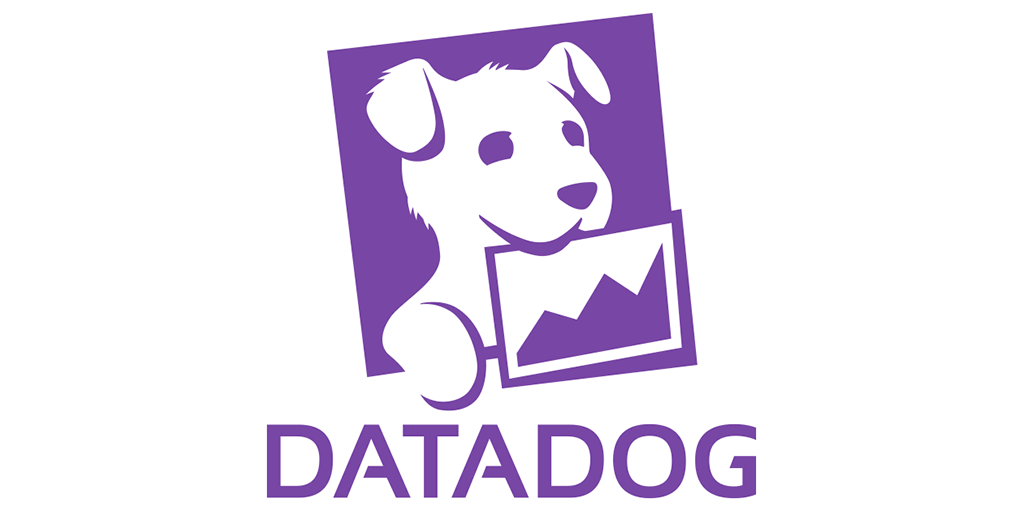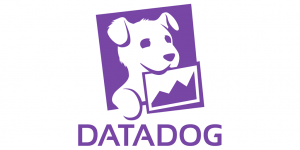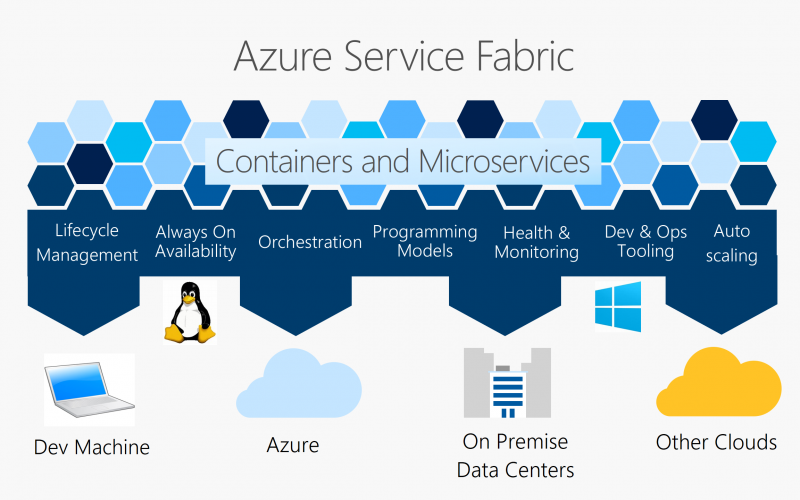Episode 101. Allright, let’s talk about Kafka
Whew! So we took a big break over summer (like Bob said, we were just swamped with work.. oof), but we are BACK! and like always we are ready to explore even deeper Java topics for the professional developer.
This time we set our sights in Apache Kafka, one of the (if not THE) dominant distributed messaging framework / broker. If you have been integrating webservices, you might have been running into message brokers (and applying Enterprise Integration Patterns), well if so, you most likely have run into Kafka.
We dive into “What does Kafka Solve”, into what it is (and isn’t), and why you should use it (or not use it), and how it differs from traditionalling Messaging systems.
In all, this is another episode of “Cloud stuff”, and, like you know, that’s where everything interesting is at! So have a listen!

http://www.javapubhouse.com/datadog
We thank DataDogHQ for sponsoring this podcast episode
Don’t forget to SUBSCRIBE to our cool NewsCast OffHeap!
http://www.javaoffheap.com/
Apache Kafka
https://kafka.apache.org/
Kafka Quick Start
https://developer.confluent.io/quickstart/kafka-on-confluent-cloud/
What IS Apache Kafka
https://developer.confluent.io/what-is-apache-kafka/
Apache Kafka Quickstart (With Tim Berglund, Hi!!!)
https://kafka.apache.org/quickstart
Do you like the episodes? Want more? Help us out! Buy us a beer!
https://www.javapubhouse.com/beer
And Follow us!
https://www.twitter.com/javapubhouse











Recent Comments